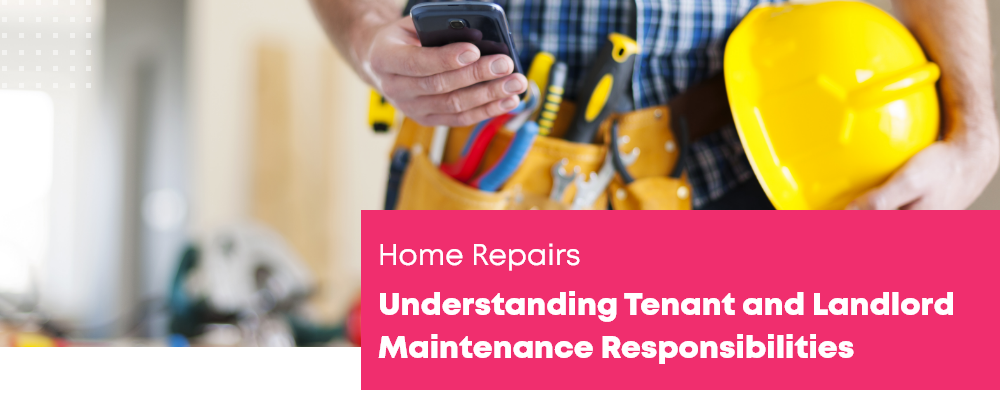Which Home Repairs Are Landlords Not Responsible For? Understanding Tenant and Landlord Maintenance Responsibilities
Introduction:
As a landlord, it’s essential to have a clear understanding of the maintenance responsibilities that fall under your purview and those that tenants are responsible for. By understanding these boundaries, you can foster a smooth and transparent relationship with your tenants while avoiding potential conflicts. In this blog post, we will delve into the topic of home repairs and explore the common maintenance tasks that landlords are not responsible for, as well as the respective responsibilities of tenants and landlords.
Routine Maintenance:
Landlord Responsibility:
Landlords are typically responsible for general upkeep and routine maintenance of the rental property. This includes tasks such as landscaping, lawn maintenance, snow removal (if applicable), and maintaining common areas.
Tenant Responsibility:
Tenants are responsible for the day-to-day maintenance and cleanliness of their individual rental units. This includes tasks like regular cleaning, minor repairs, and the replacement of light bulbs and air filters.
Appliance Repairs:
Landlord Responsibility:
Landlords are responsible for repairs and maintenance of major appliances that are provided with the rental property, such as refrigerators, stoves, dishwashers, and HVAC systems. However, it’s important to note that these responsibilities can vary depending on local laws and the terms outlined in the lease agreement.
Tenant Responsibility:
Tenants are generally responsible for minor repairs of small appliances they bring into the rental unit, such as microwaves or toasters.
Plumbing and Electrical Issues:
Landlord Responsibility:
Landlords are typically responsible for repairing and maintaining the property’s plumbing and electrical systems. This includes fixing leaks, addressing plumbing blockages, repairing faulty wiring, and ensuring that the electrical systems are in safe and working condition.
Tenant Responsibility:
Tenants are responsible for reporting any plumbing or electrical issues promptly to the landlord or property management company. They should also replace light bulbs and batteries in smoke detectors as needed.
Structural Repairs:
Landlord Responsibility:
Landlords are responsible for structural repairs and issues that affect the overall integrity and safety of the rental property. This includes problems with the roof, foundation, walls, windows, and other structural components.
Tenant Responsibility:
Tenants are not responsible for structural repairs unless the damage was caused by their negligence or intentional actions. They should promptly report any structural issues or damages to the landlord or property management company.
Pest Control:
Landlord Responsibility:
Landlords are responsible for addressing infestations caused by pests that are not brought into the property by the tenant. This includes arranging for professional pest control services and taking necessary steps to prevent reinfestation.
Tenant Responsibility:
Tenants are responsible for maintaining cleanliness and proper sanitation in their rental units to prevent pest infestations. They should promptly report any signs of pests to the landlord or property management company.
Safety and Security:
Landlord Responsibility:
Landlords are responsible for ensuring that the rental property meets safety and security standards. This includes installing and maintaining smoke detectors, carbon monoxide detectors, fire extinguishers, and providing secure locks on doors and windows.
Tenant Responsibility:
Tenants are responsible for using the provided safety and security features appropriately, such as locking doors and windows when leaving the property. They should also report any safety or security concerns to the landlord or property management company.
Conclusion:
Understanding the division of maintenance responsibilities between landlords and tenants is crucial for maintaining a harmonious and successful landlord-tenant relationship. By clearly outlining these responsibilities in the lease agreement and complying with local laws, both landlords and tenants can avoid misunderstandings and conflicts.
Optivo Group property management prioritizes educating both landlords and tenants about their maintenance responsibilities. By providing clear guidelines and fostering open communication, we strive to ensure that rental properties under our management are well-maintained and that both parties
